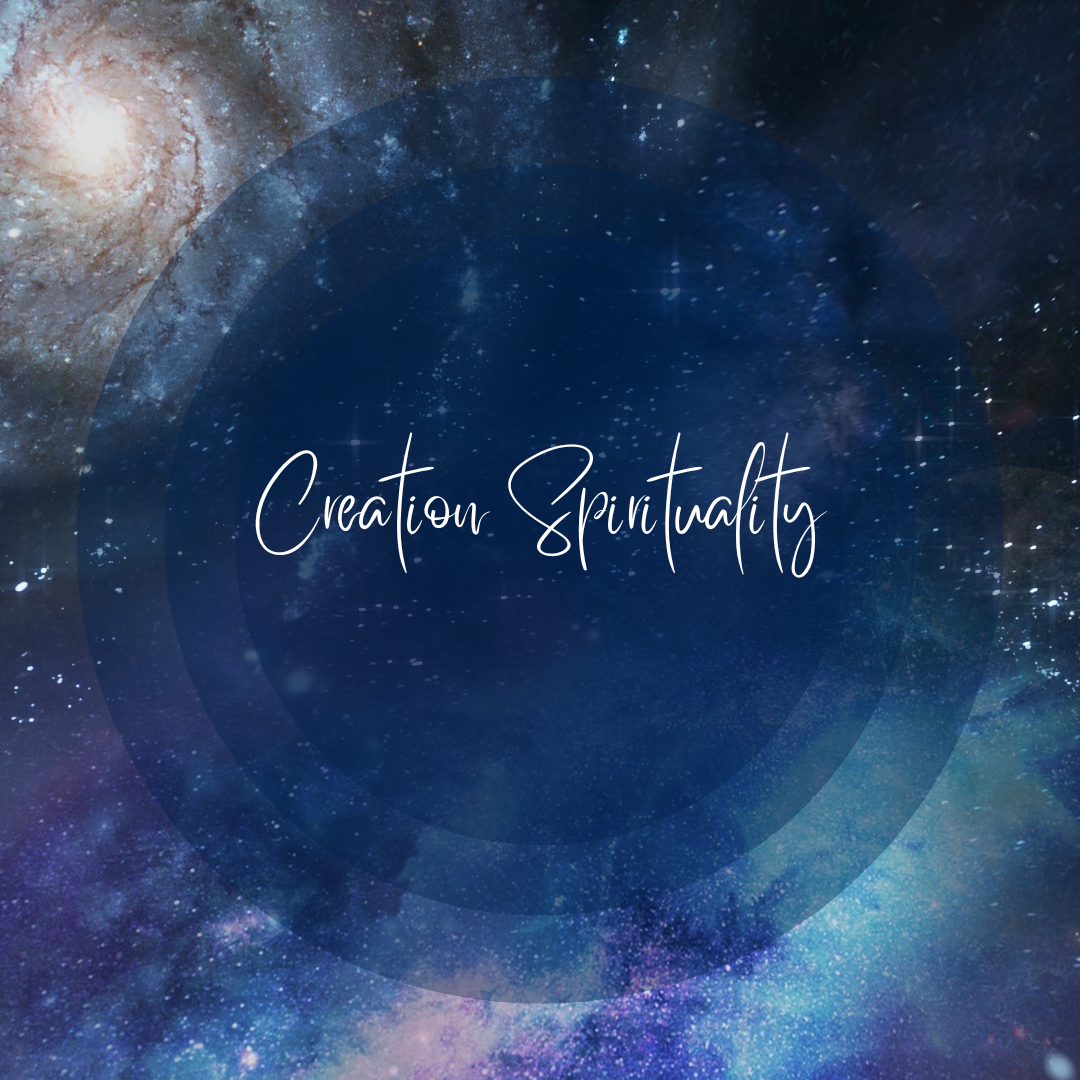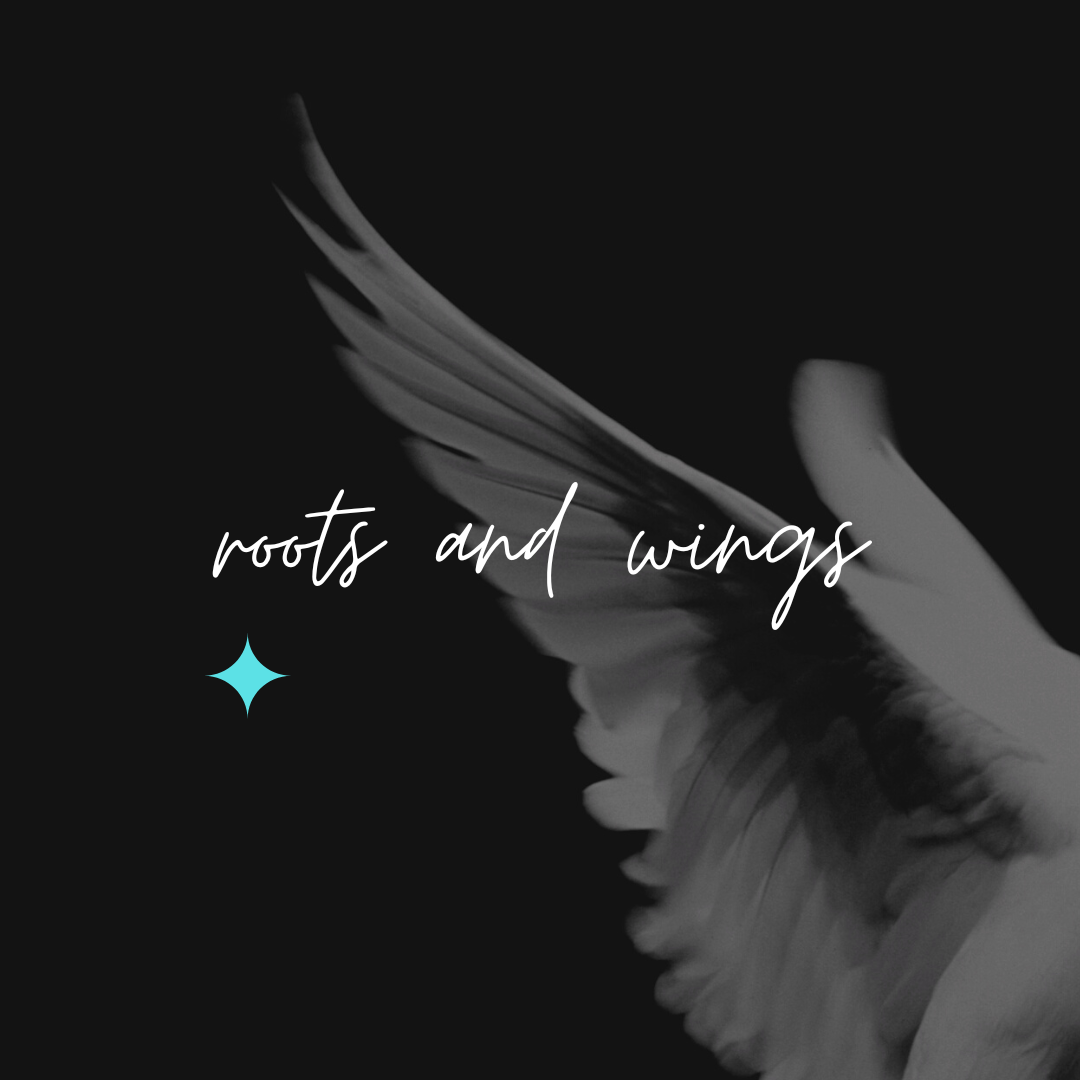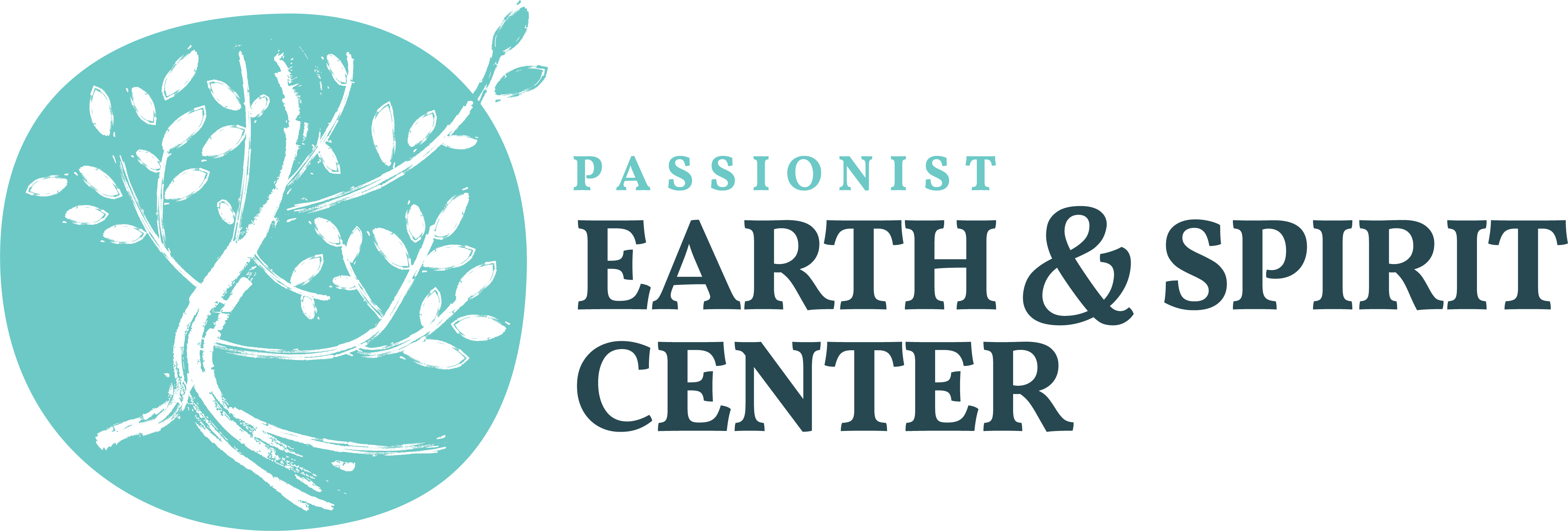Jason Shulman on Wholeness, Conflict, and Being Saved by Love
Jason Shulman is a spiritual teacher who straddles the worlds of Jewish Kabbalah mysticism and Zen Buddhism. In this episode, Jason shares his practical, deeply grounded, nondual vision of reality and how it plays out in conflict resolution, the integration of polarities and paradox, and above and beneath all, love.
RESOURCES:
Jason’s school, A Society of Souls: https://www.societyofsouls.com/, https://www.facebook.com/asocietyofsouls/
The Foundation for Nonduality: https://www.nonduality.us.com/, https://www.instagram.com/foundationfornonduality/, https://www.facebook.com/FoundationForNonduality,
https://www.youtube.com/channel/UC_ml_7AMW7UL15uD_CI9mQQ
Earth & Spirit Center: https://www.earthandspiritcenter.org/
Donate to support this podcast: https://www.earthandspiritcenter.org/donate/
Nina Simons on Nature, Culture, the Sacred, and Feminine Leadership
Nina Simons is an activist, author, social entrepreneur, and the co-founder of Bioneers, a nonprofit organization committed to social and environmental justice work that honors the web of life, now and into the future. In this conversation, Nina reflects on how feminine and indigenous leadership are crucial paths for cultural and ecological regeneration.
RESOURCES:
Earth & Spirit Center: www.earthandspiritcenter.org
Donate to support this podcast: https://www.earthandspiritcenter.org/donate/
Nina’s website: https://www.ninasimons.com/
Nina’s new book, Nature, Culture & The Sacred: A Woman Listens for Leadership, 2nd edition: https://www.ninasimons.com/writing
Bioneers website: https://bioneers.org/
Creation Spirituality
 One of the great blessings of hosting the Earth & Spirit NPR Podcast is the chance to have deep conversations with some absolutely amazing leaders in the areas of spiritualty, social justice, and Earth care. I recently had just such a conversation with Matthew Fox (check out the episode here), a wonderfully cantankerous spiritual teacher and prolific author of 39 books.
One of the great blessings of hosting the Earth & Spirit NPR Podcast is the chance to have deep conversations with some absolutely amazing leaders in the areas of spiritualty, social justice, and Earth care. I recently had just such a conversation with Matthew Fox (check out the episode here), a wonderfully cantankerous spiritual teacher and prolific author of 39 books.Matthew Fox on Creation Spirituality and Original Blessing
Matthew Fox is an author, theologian, and activist Episcopal priest whose radical interfaith work attempts to reawaken us to the sacredness of the created world. In this conversation, Matthew reflects on how creation-centered spirituality, and the marriage of the divine feminine and sacred masculine, can help us respond with hope to the troubles of our apocalyptic times.
RESOURCES:
Earth & Spirit Center website: https://www.earthandspiritcenter.org/
Donate to support this podcast: https://www.earthandspiritcenter.org/donate/
Matthew will be in Louisville, KY at the annual Festival of Faiths, November 9 – 12. https://festivaloffaiths.org/
Websites related to Matthew’s work:
Stephen Jenkinson on Grief and Belonging in Troubled Times
Stephen Jenkinson is a Harvard-trained author, activist, farmer, sculptor, and canoe-builder who has worked in his native Canada as a palliative care provider for dying people and their families. In this challenging conversation, Stephen reflects on the deep roots of our troubled times and on how rich and full human belonging – in one’s life, one’s culture, one’s place – means letting go of our drive for autonomy to embrace the beauty of our limits.
RESOURCES:
Donate to support this podcast at https://www.earthandspiritcenter.org/
Stephen’s website: https://orphanwisdom.com/
Stephen’s latest book (with Kimberly Ann Johnson), Reckoning: https://orphanwisdom.com/reckoning/
Stephen’s Nights of Grief and Mystery 2022 Tour: https://orphanwisdom.com/nights-of-grief-and-mystery/.
Resonance
 Earlier this month, the Earth & Spirit Center took part in the Louisville Resonant City Peace Project, part of the larger Global Peaceful Cities Project. I served on the planning committee for a time and did an interview about the project for the Earth and Spirit Podcast. The project leaders chose a specific focus area in Louisville, gathered enough meditators from across the city (and beyond) to equal a certain minimum percentage of that area’s population, and facilitated 20-minute guided daily meditations for 11 days, with the intention of reducing crime and violence in that area by at least 25%. It is a double-blind research study, so none of the meditators knew what part of Louisville was the focus area. Number-crunching PhD statisticians will now be analyzing Louisville crime data to see if there is a correlative reduction in crime.
Earlier this month, the Earth & Spirit Center took part in the Louisville Resonant City Peace Project, part of the larger Global Peaceful Cities Project. I served on the planning committee for a time and did an interview about the project for the Earth and Spirit Podcast. The project leaders chose a specific focus area in Louisville, gathered enough meditators from across the city (and beyond) to equal a certain minimum percentage of that area’s population, and facilitated 20-minute guided daily meditations for 11 days, with the intention of reducing crime and violence in that area by at least 25%. It is a double-blind research study, so none of the meditators knew what part of Louisville was the focus area. Number-crunching PhD statisticians will now be analyzing Louisville crime data to see if there is a correlative reduction in crime. Resonance: Bethany Gonyea on the Personal and Collective Impact of Mass Meditation Events
Bethany Gonyea is the founder of Numinous, a nonprofit that facilitates interfaith spiritual practices to reduce human suffering. In this conversation, Bethany shares about her work in creating mass meditation events aimed at reducing crime and violence in specific geographic areas (in statistically verifiable ways), as well as bringing benefits to the meditators themselves.
RESOURCES:
Earth & Spirit Center homepage: https://www.earthandspiritcenter.org/
Numinous homepage: https://numinousonline.com/
Global Peaceful Cities Project: https://www.peacefulcities.org/
Bethany’s book: Become a Consciousness Athlete: A Step by Step Program to Heighten Consciousness for Daily Happiness
Zen and the Art of Living and Dying Well: Justin Magnuson on Facing Death and Living Life with Courage and Clarity
Justin Magnuson is a Zen Buddhist who works with the elderly and terminally ill. In this episode, Justin reflects on how approaching death and dying with intention can be an invitation to a fuller way of living.
RESOURCES:
Earth & Spirit Center: https://www.earthandspiritcenter.org/
University of Louisville Trager Institute and Republic Bank Foundation Optimal Aging Clinic: https://www.tragerinstitute.org/
Roots and Wings?


We Come from Oneness: Musician Peter Mayer on Love, Creativity, and the Evolving Cosmos
Peter Mayer is a singer and songwriter whose music reflects a profound love of the world, as we’re coming to understand it through the new story science tells us about our place in the 14-billion-year-unfolding of our universe. This conversation reflects on science, spiritual practice, social justice, and environmental care, all animated by a sense of our belonging to deep history, to each other, and to the entire cosmos.
RESOURCES:
Peter’s website: https://www.petermayer.net/
Earth & Spirit Center: www.earthandspiritcenter.org
